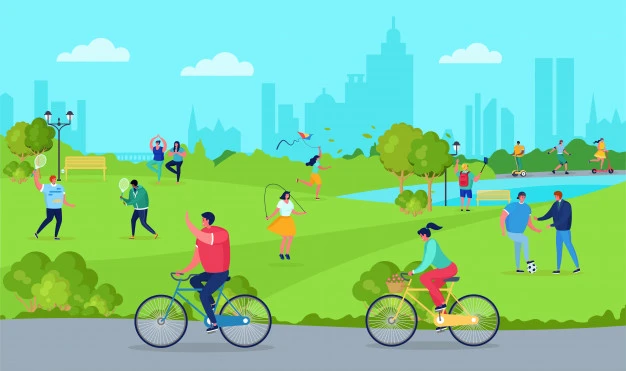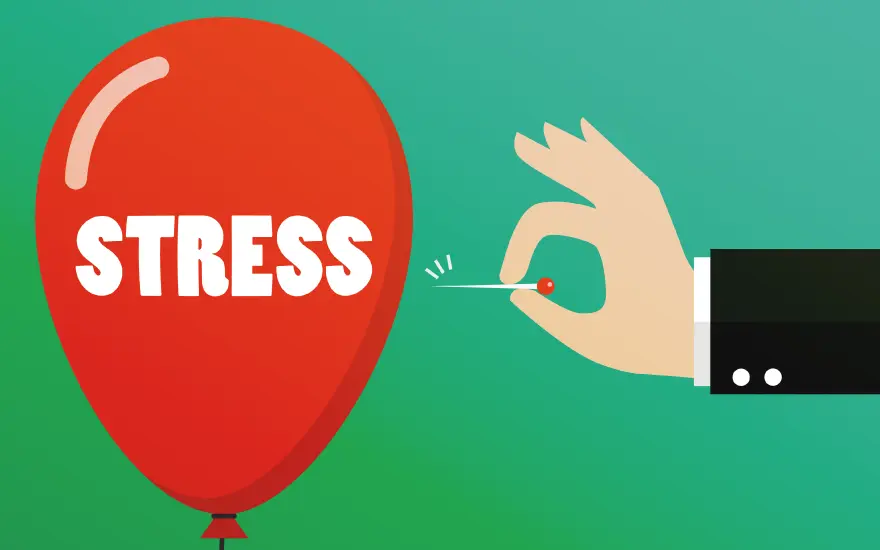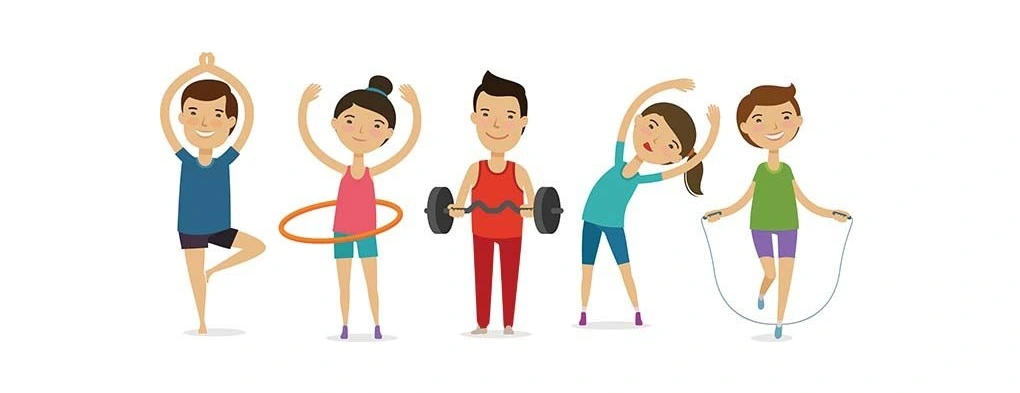If you have ever thought that the amount of stress you deal with on a daily basis is excessive, you are certainly not alone. Stress can almost be considered our companion, the kind of person who never leaves our side, but in this scenario it is a toxic person.
Everyone reacts differently to stress and possesses different techniques for dealing with it. Therefore, here you can find a powerful “anti-stress kit” based on my previous experience, all in one place.
Spend time in nature
Every time you feel like you’re stuck in a vicious cycle of seemingly impossible situations and problems, stress slowly engulfs us, making it difficult to maintain our sanity. It often makes us nervous and irritable, making us unable to be as productive as we would like to be. What is the best thing to do at that moment to benefit from it in the long run? This may sound paradoxical, but believe it or not, as soon as you feel like you’re at your breaking point, whether it’s because of studying or work problems, as soon as you can, take a walk. Often, we don’t know what to do to clear our minds, and we certainly won’t do it by “hanging out” on the internet for 2 hours. Instead, take advantage of the time in nature that will fill you with positive energy.
As per this research, heart rate, blood pressure, and self-report measures provide the most convincing evidence that spending time in outdoor environments, particularly those with green space, may reduce the experience of stress, and improve our mental and physical health. So, go outside and take a walk!

Engage in physical activity
Although stress is associated with a reduction in physical activity and plays a role in the development of obesity, it is important to keep in mind that this also increases the individual’s risk of developing cardiovascular disease. This can be a motivator to engage in physical activity, whether it’s brisk walking for 30 minutes a day or running a few times a week. Physical activity involves any form of physical activity, so stretching exercises can also have a positive effect on our well-being. Of course, it should be noted that some of us are not inclined to exercise for personal reasons, so in that case, simply move your body by walking or dancing if it makes you happier.
It has been proven that the intensity of exercise could play a role in improving health since the group that engaged in moderate-intensity physical activity developed 50% less stress than those who did not engage in any form of physical activity. It has been observed that people who respond better to stress have lower levels of cortisol, sympathetic activity, pro-inflammatory markers, and cardiovascular and metabolic risk factors. The mechanism that could play a role in stress resistance is characterized by an initial increase in catecholamine levels and its rapid decrease, and it is essential to mention that the HPA axis has reduced reactivity to further stressors. After considering the impact of physical activity on overall well-being, it would be good to be aware of the need for minimal physical activity, at least 15 minutes a day, which will make you happier and more satisfied in the long run. You can read more about the impact of physical activity on stress reduction here in the research.
Practice Mindfulness
You have probably heard of the term mindfulness. Today, awareness is raised about this concept because it has been proven to reduce the response to stressors, meaning that individuals cope better with stress. What does mindfulness entail? Mindfulness cannot be equated with meditation because it consists of meditation exercises themselves and informal exercises, such as paying complete attention to what the individual is doing and experiencing at a particular moment. In modern psychology, mindfulness is considered raising awareness and optimal response to events that threaten the emotional state of the individual and thus stimulate bad habits (emotional overeating, smoking, drinking, etc.).
At first, it may seem impossible to be completely aware of what you are doing, your surroundings, and the like because your mind is constantly working in the background and various thoughts distract you from what you want to focus on. This usually causes stress because you don’t know how to calm your thoughts. At this point, take 5 minutes and try the deep breathing technique. The deep breathing technique is effective because it focuses on breathing, and when your thoughts begin to distract you from your focus, just remember that you only have to breathe, and that is the only current focus. All worries and problems can wait for later. After repeating a few long inhales and exhales, you can try real meditation by trying to remember anything that makes you happy and grateful. This arouses positive emotions and reminds you at the same time that there are many things that are more important than current problems. Practicing this method for just five minutes a day can have a positive effect on reducing stress and thus improving interpersonal relationships.
If you want to try meditation with the aim of coping with stress and preventing it, download the Tide application from the App Store or Play Store. The application is multifunctional, and within it, you can find a multitude of meditations with a voice guide. Meditations last 5-15 minutes, and you can find the one you need for the circumstances you are in. Also, on the Headspace YouTube channel, you can find short meditations that will surely be useful to you.
Improve the quality of your free time
Free time is not only when you don’t have to go to work or study, it is also the time you spend daily in transit, home-work-home, i.e., home-school or college-home. If you haven’t tried it before, audiobooks and podcasts are a great thing to distract your thoughts and enrich your knowledge in a little time. Probably, we all mostly think about those things that bother us, thus contributing to stress, but we can prevent that in the above-mentioned way. Today, the situation is a little different, and students mostly spend their free time between lectures in the comfort of their homes, and they can spend their free time watching their favorite movie, series, or reading a good medical book and thus rewarding themselves for the effort they put into fulfilling their daily duties.
Conclusion
In these few paragraphs, I have tried to summarize effective “techniques” for reducing daily stress which I personally found helpful to my day-to-day stress. Of course, not everyone will respond to the same things, but find what works positively for you. I hope you will manage to make your everyday life more bearable and interesting!
Your MedBrane



Pingback: Social Life in Med School | MedBrane